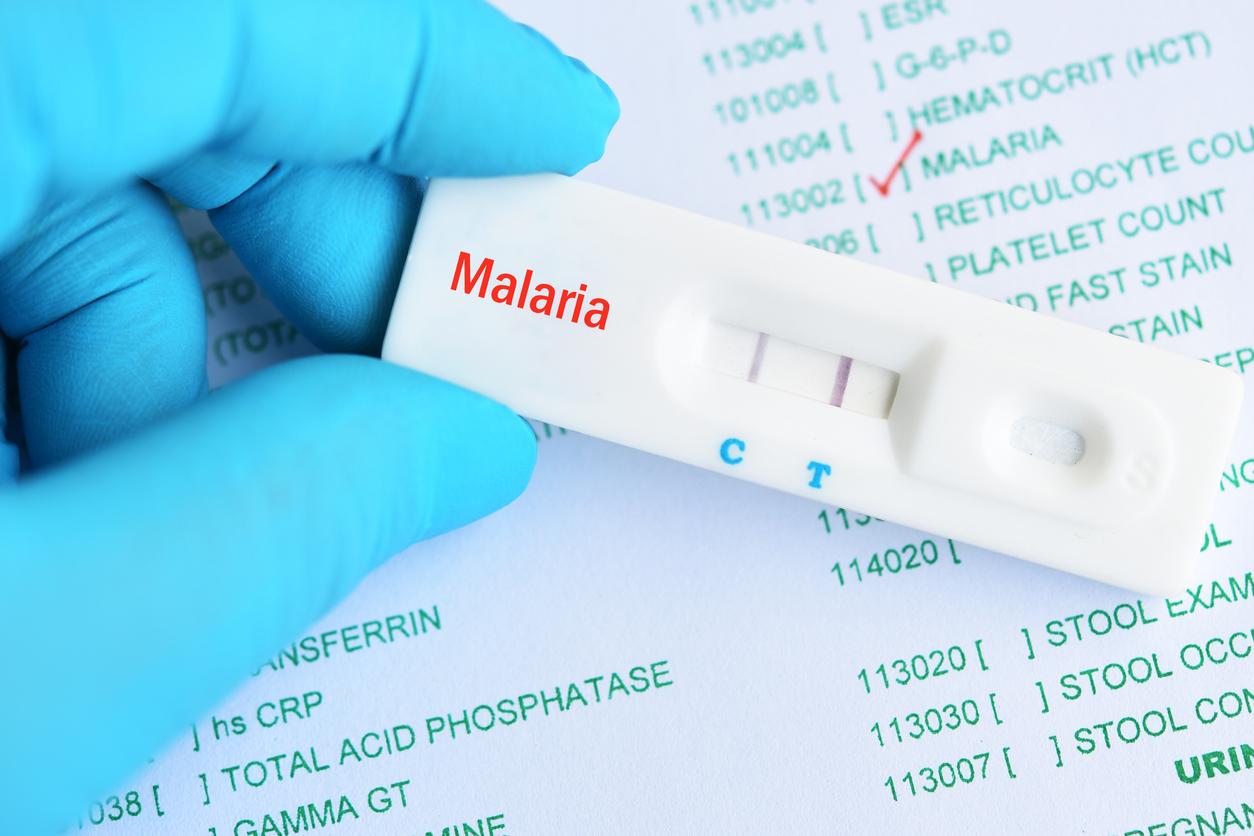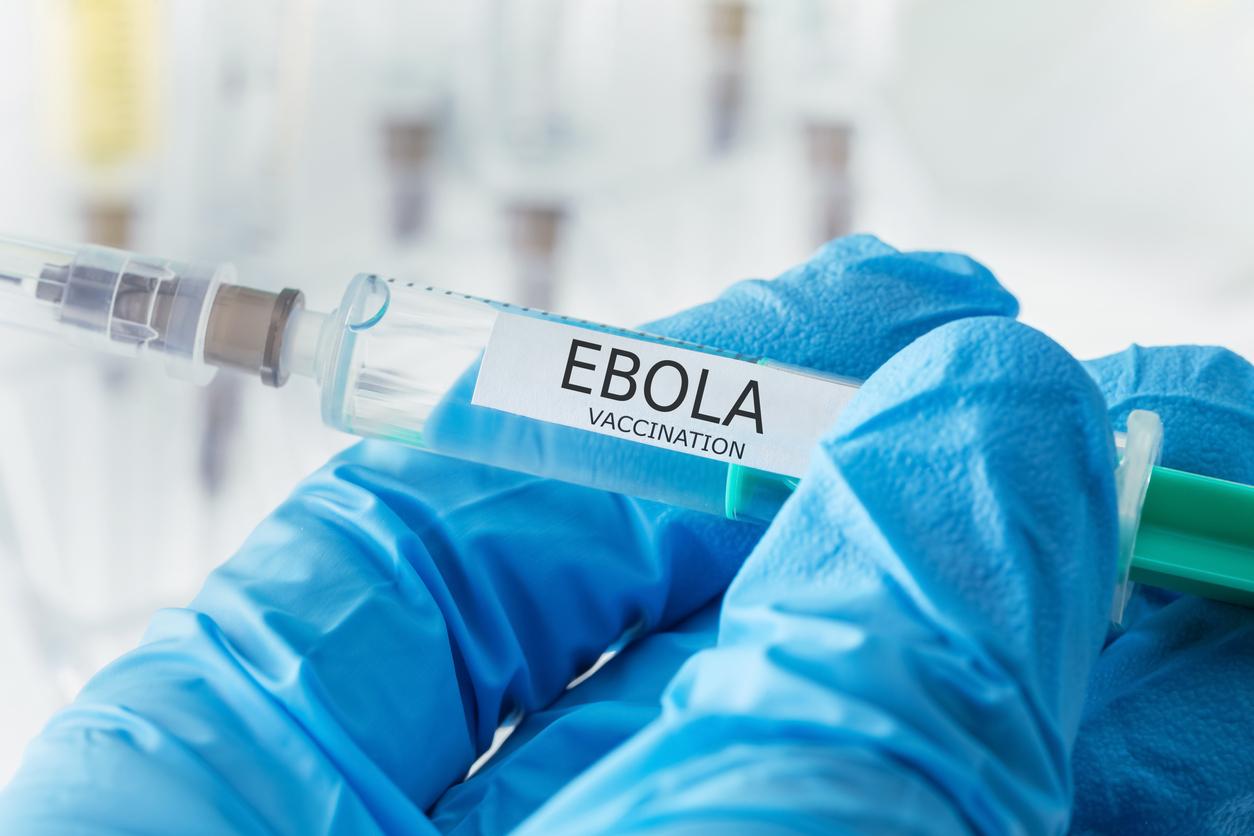What the World Health Organization (WHO) feared has happened. The Ebola haemorrhagic fever outbreak has crossed rebel lines in the Democratic Republic of Congo (DRC). Since August 1, the disease has already caused 67 deaths out of 103 patients according to the latest report from the Congolese Ministry of Health. Caregivers fear the rapid spread of the epidemic in areas to which they do not have access.
“The situation seems very worrying to us,” he told France News Gwenola Seroux, head of the Paris emergency teams for Doctors Without Borders (MSF) this Friday, August 24. She has just returned from a mission in North Kivu, a province in the east of the DRC. “Even if the virus is much less contagious than the flu or measles, we can expect at least a doubling of cases in the next eight to ten days,” she also indicated in the columns. of the world.
Two treatment centers open
WHO has confirmed that a case has been diagnosed in the town of Oicha, a territory controlled by the Ugandan rebels of the Allied Democratic Forces. “For the first time, we have a confirmed case (…) in an area of great insecurity,” Peter Salama, WHO deputy director general in charge of emergency response, told Le Monde. He recalls that many civilians have been killed around Oicha and humanitarian workers, priests and government employees are currently being held hostage by the rebels.
Treatment centers have been opened. The first is located in Beni, which has 250,000 inhabitants, the second in Mangina, 40,000 inhabitants. A third is planned in Makeke, on the same road, towards the Ituri region, where a case has been detected. In the meantime, MSF has set up tents to accommodate the patients who are “settled there until the diagnosis is confirmed”.
If this is the tenth epidemic of haemorrhagic fever in the DRC, it is the first time that this region has been struck. It is therefore necessary to inform the population, to set up access to care while ensuring that the patients are not further worried.
Read also :
Ebola virus could survive 2 years in human semen
Ebola: thousands of vaccines sent to the DRC
Ebola: 78% of survivors would suffer from sequelae
















